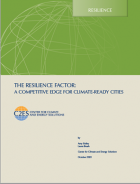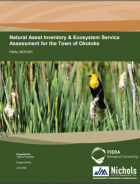Alberta Institute of Agrologists 13th Annual Conference on Agriculture, Food and the Environment
Energy: Renewable & Non-Renewable Session
March 16, 2017
Biofuels and Carbon (Don O’Connor, S&T2 Consultants Inc.)
Don O’Connor, President (S&T)2 Consultants Inc. is the developer of the GHGenius LCA model for transportation fuels. The model is widely used in Canada, the United States and other parts of the world.
Reducing GHG emissions has become a major objective of many governments around the world. One of the major sources of GHG emissions is the transportation sector. Transportation related emissions in Canada in Canada account for over 35% of the countries emissions when considered on a lifecycle basis. In some provinces they account for 45% of the total provincial emissions. Canada can’t meet its international commitments to reduce GHG emissions without reducing the emissions from the transportation sector.
Transportation emissions can be reduced by either using less fuel or reducing the carbon intensity of the fuel that it uses. Both will be required to meet the national objectives. One of the easiest options for reducing the carbon intensity of transportation fuels is to include a biofuel component with the fossil fuel.
In Alberta ethanol is manufactured from wheat and biodiesel is produced from canola oil. Both fuels offer significant GHG emission reductions compared to gasoline and diesel fuel. Alberta has three competitive advantages for producing low GHG feedstocks for biofuel production.
On a full lifecycle basis canola biodiesel produced in Alberta can reduce the GHG emissions by 90% compared to diesel fuel and wheat ethanol can reduce GHG emissions by 55% compared to gasoline.





